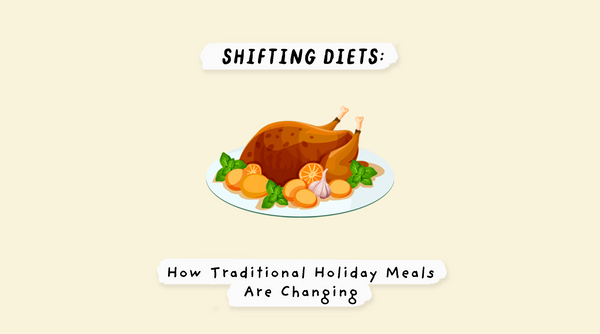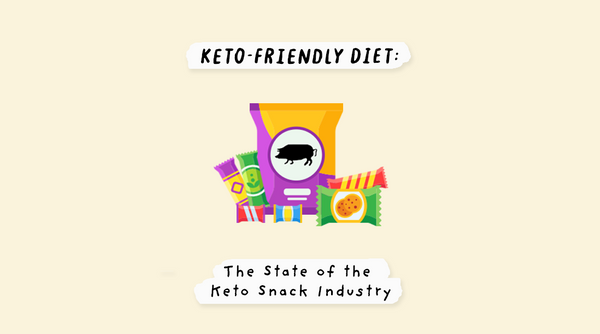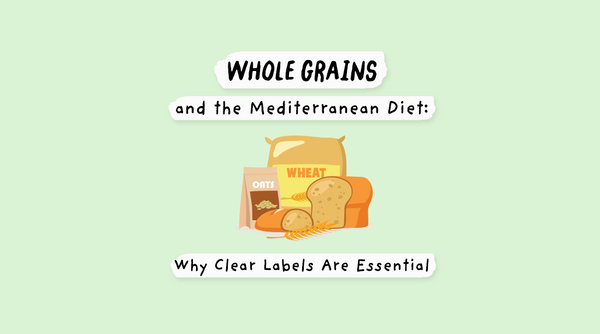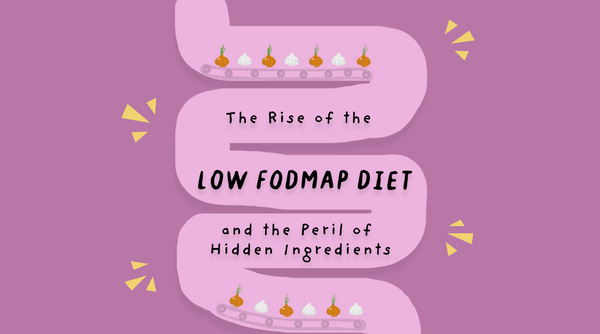A brief look
- Consumer diets are rapidly evolving, with plant-based foods now playing a much larger role in holiday meals.
- A UK poll showed that 20% of Brits served an entirely vegan Christmas dinner in 2020.
- Consumers are increasingly looking for plant-based meat options to replace the traditional turkey and ham spreads that are typically served during holiday meals.
- The plant-based sector has been growing steadily with plant-based meat sales growing 38% from 2017-2019.
- This growth is only accelerating – for the week starting March 21, 2020, at the height of the pandemic, plant-based meat sales were 454% higher than during the same week in 2019.
- Meat is not the only category that consumers are looking to replace with plant-based options this holiday season. For example, 74% of consumers are considering buying vegan cheese the past Christmas.
Dive deeper
A UK poll showed that 20% of Brits will served an entirely vegan Christmas dinner in 2020. Holiday meals have remained the same for many years, with turkey and ham being the unquestioned stars of the show. However, with the rise in consumption of plant-based products recently, that could change.
Though traditional meat and dairy products are still preferred by most people, the growth of the plant-based milk and meat market has far outpaced most forecasts. Demand for plant-based meats has reached new heights during the pandemic. Among other reasons, a shortage of meat across the U.S. motivated some consumers to try plant-based meat, further fueling the plant-based movement.
Plant-based roasts take on turkey and ham
Many may be familiar with plant-based patties such as those made by Beyond Meat and Impossible Foods. However, for holiday meals, many companies have come up with interesting alternatives such as Tofurky’s tofu-based roast to replace turkey, while Field Roast has a vital-wheat-gluten-based roast to replace ham.
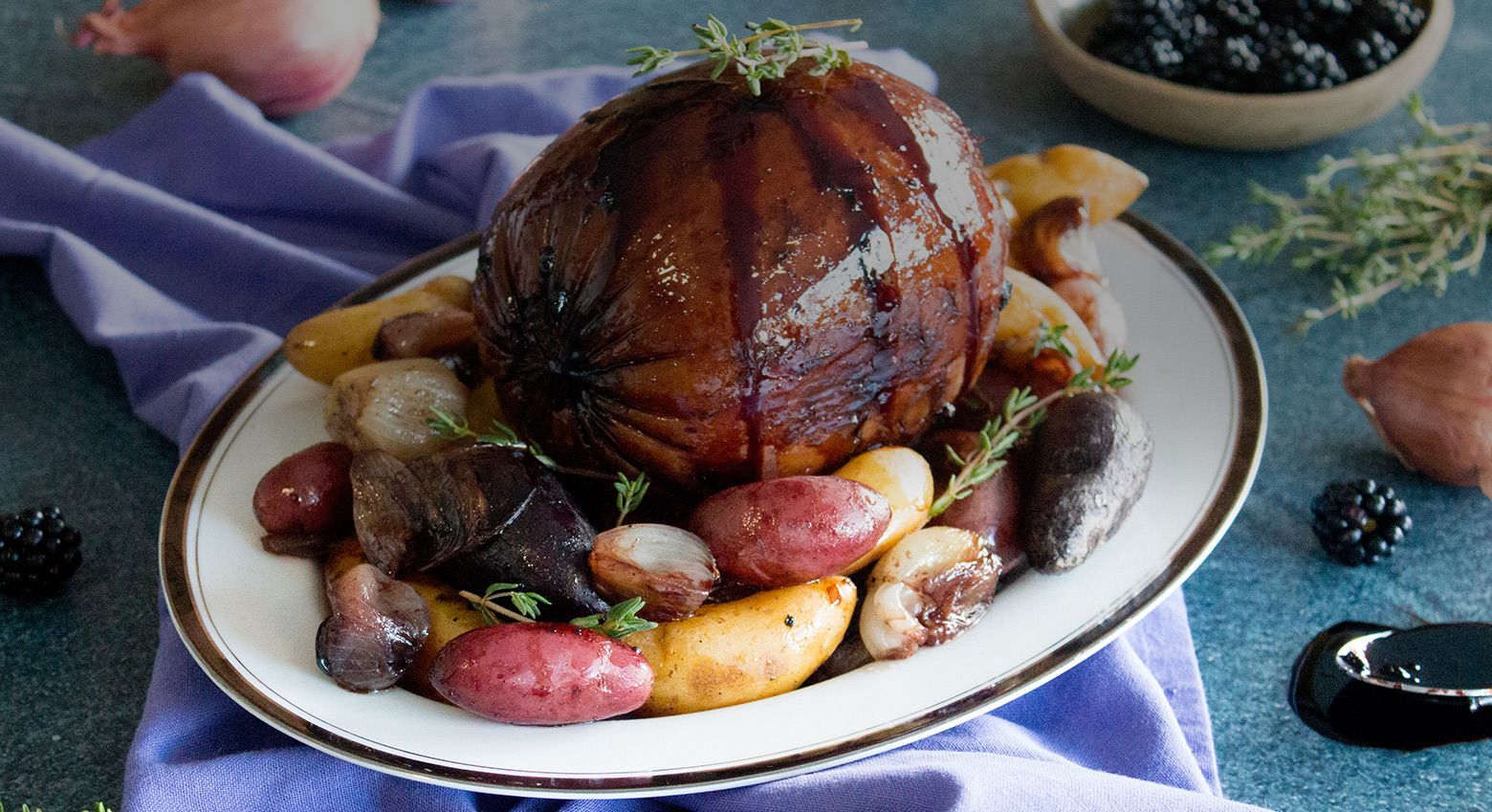
These meals come complete with vegan stuffing and vegan gravy to boot. All you need is a serrated bread knife to carve it and you’re all set. Gone are the days when vegans had to spend hours in the kitchen making vegan roasts from scratch. Now, all you have to do is thaw the product and pop it in the oven.
Baby steps toward a plant-based diet
Though vegans and vegetarians may opt for a plant-based turkey roast, flexitarians often still choose meat for holiday meals. Flexitarians are people who eat vegan/vegetarian meals once or twice a week, but will still eat meat otherwise. Lately, there has been a push for people to consider cutting down their meat consumption to combat climate change. Meat production produces a considerable amount of greenhouse gases and is one of the top drivers of deforestation.
The plant-based industry increasingly sees these flexitarians as a prime target in their efforts to garner higher sales. Though flexitarians are willing to experiment occasionally with vegan options, it is unlikely they will chose to have a vegan version of turkey or ham right off the bat. Rather, they typically will choose to try a vegan side dish or perhaps a drink such as a plant-based version of eggnog.
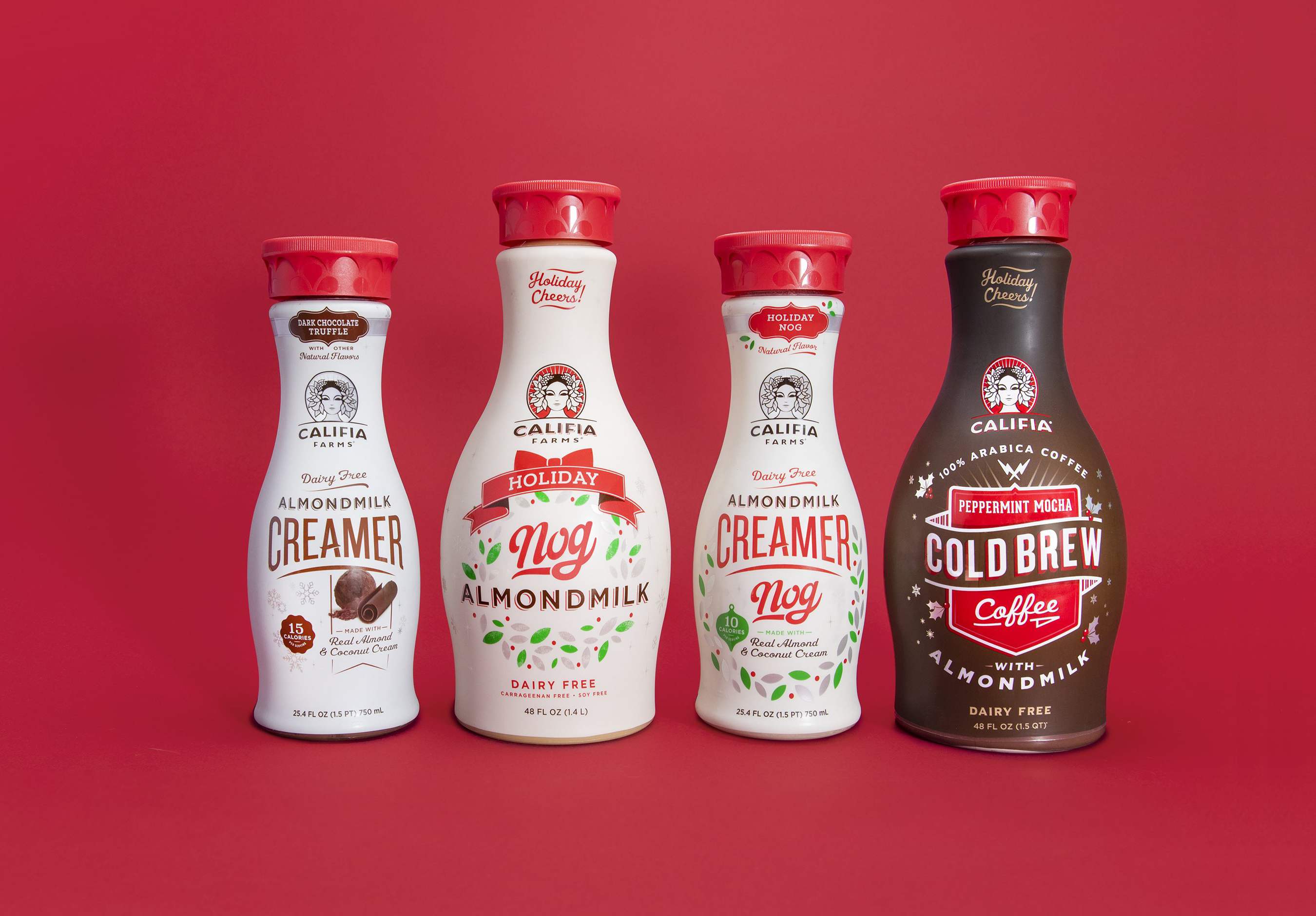
Plant-based milk was once a niche product, but it has grown steadily in popularity over the years. From soy milk to almond milk to oat milk, the public’s favorite plant-based milk has changed over the years, but the sector as a whole keeps growing. In fact, 41% of U.S. households now purchase plant-based milk on a regular basis. Eggless and milk-free “nogs” such as Califia Farms’ almond milk nog or Silk’s soy milk nog could very well become Christmas staples in the coming years.
Another interesting option this season could be a plant-based version of the holiday cheeseboard. In fact – a survey by dairy giant Applewood showed that 74% of consumers considered buying vegan cheese during the 2020 holiday season.
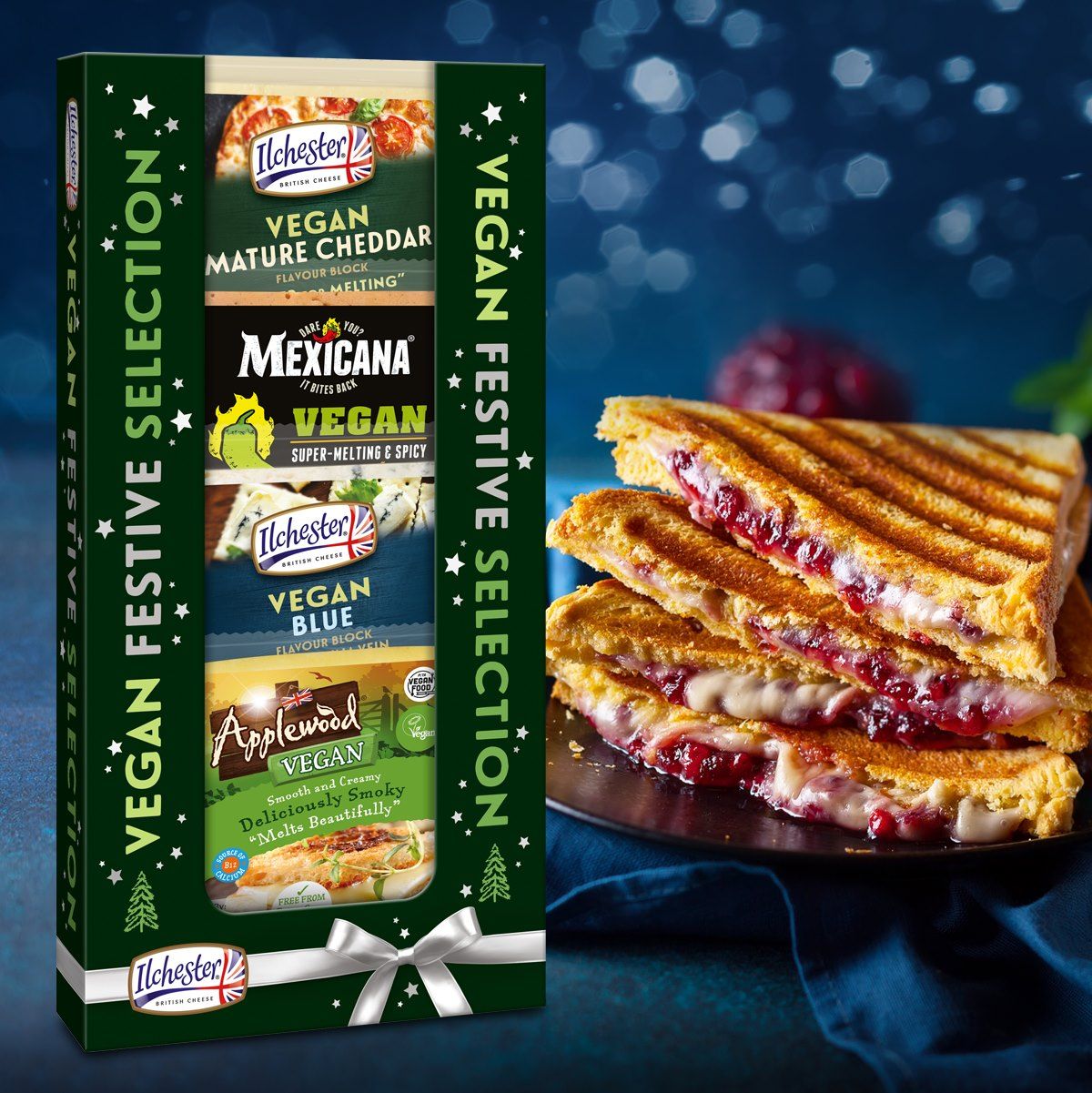
Typically made with coconut oil and potato starch, vegan cheese products are available in varieties with the taste and texture of smoked cheese, cream cheese, cheese spreads, and even blue cheese, with spirulina to mimic the blue veins. For deli cuts, options include vegan salami, vegan ham, and even vegan pepperoni slices such as those made by Sweet Earth.
Enterprising vegans have found innovative ways to make side dishes such as mac and cheese using pureed cashews and nutritional yeast to mimic cheese. However, for those looking for something easier, Annie’s Homegrown has a quick-and-easy cheddar-flavored Vegan Mac. For mashed potatoes, it’s as simple as adding vegan butter instead of regular milk or butter to your seasoned mashed potatoes. If you’re not a fan of all that mashing, Bob’s Red Mill offers potato flakes to make your life easier.
The vegan dessert category is small but growing
Last but not least, vegan desserts (which are still a bit hard to find in prepackaged form). The most widely available vegan dessert option is pumpkin pie, which you can find freshly baked at select Whole Foods stores, or there’s a frozen version made by Wholly Wholesome, which also has vegan fruit pies.
Many choose to make their own vegan desserts despite the challenges of baking without eggs or cream. However, the vegan community has found creative alternatives to these ingredients. To replace eggs, people use products that confer the same functionality such as flaxseed “eggs,” applesauce, and even aquafaba, the liquid that comes with canned chickpeas. Coconut cream can often replace dairy cream because it has a similarly high fat content. Armed with recipes from the internet and egg and dairy substitutes, vegan baking is now a more manageable challenge.
Retailers should implement smarter vegan recommendations
Shopping for vegan products has definitely become easier in the last few years. The vegan food industry has grown by leaps and bounds. Retailers understand that the vegan market is an important one and that it continues to grow every year. That’s why so many of them now provide the option to search their e-grocery website using diet-related filters like “Vegan.” However, the one thing that most grocers lack is a robust recommendation and substitution engine.
For example, when a consumer searches for vegan egg substitutes, at best, the site will show a product with similar words in the name such as Bob’s Red Mill Egg Replacer. Most of the time, however, the search will return zero results. Ideally, when customers are looking at the egg category and they have the vegan diet filter selected, they should see a “recommended for you” section that has smarter egg substitutes such as applesauce, flaxseeds and silken tofu.
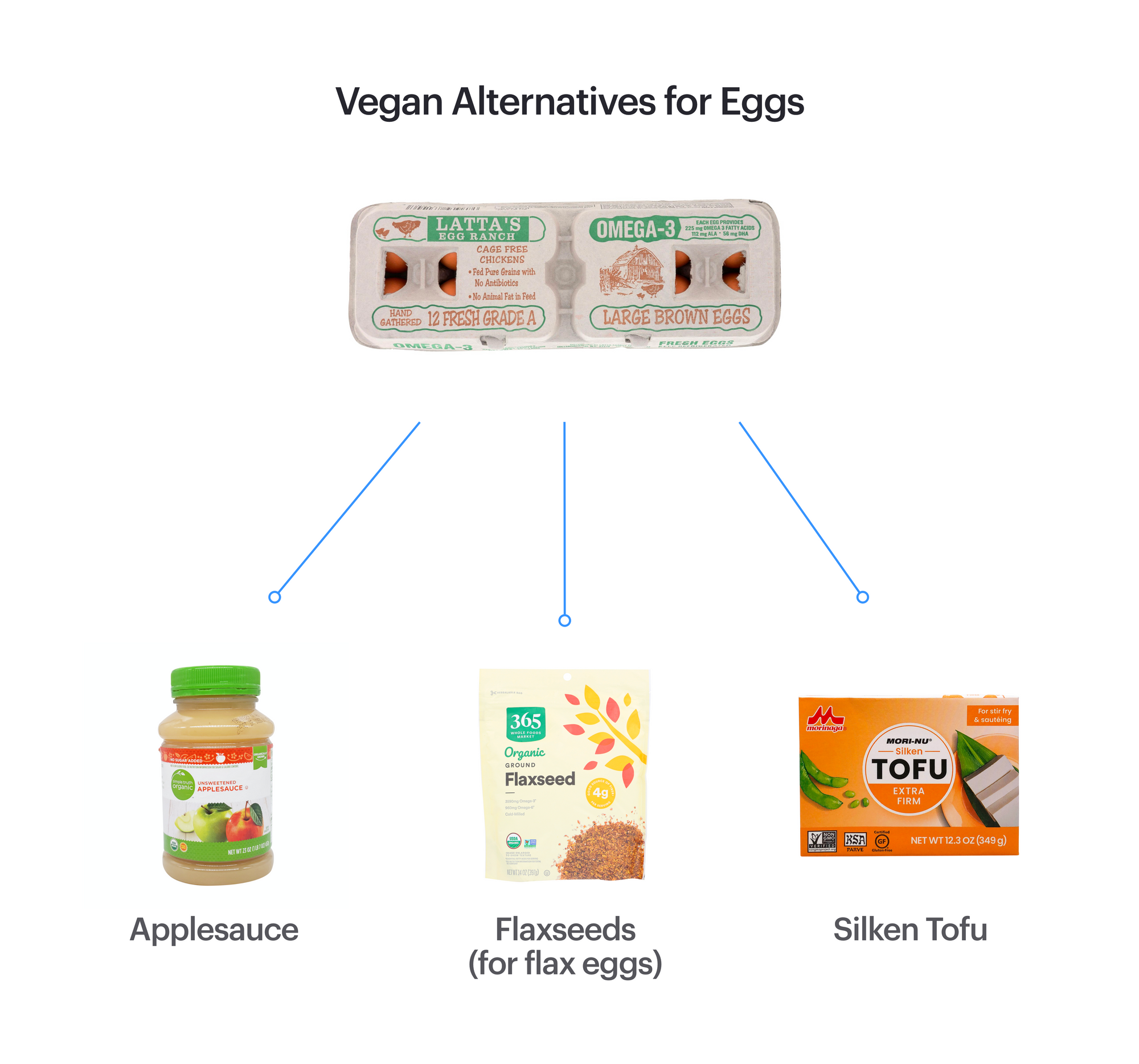
By implementing a smart recommendation and substitution system, retailers can stand out and show that they truly understand and support their customers. Showing consumers options relevant to them can not only increase sales but also builds brand loyalty. Since the vegan market shows no sign of slowing down, many companies are joining in on the shift toward plant-based foods. Whether it’s the holiday season, or any other season, consumers are looking for plant-based options that can be easily integrated into their diet. Retailers that make it simple for these shoppers to access and discover the best vegan products and substitutes will have a running head start on an exciting and growing new market.


